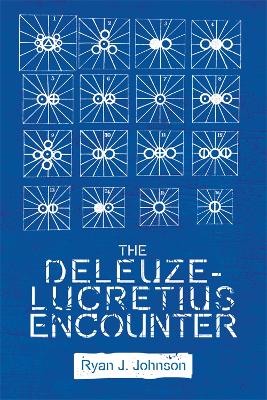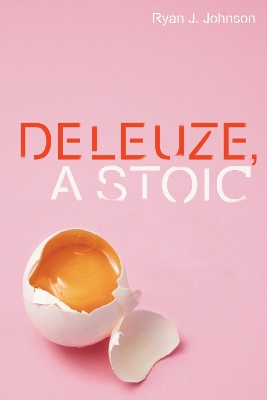Plateaus - New Directions in Deleuze Studies
2 total works
More than any other 20th-century philosopher, Deleuze considers himself an apprentice to the history of philosophy. But scholarship has ignored one of the more formative influences on Deleuze: Lucretian atomism.
Deleuze's encounter with Lucretius sparked a way of thinking that resonates throughout all his writings: from immanent ontology to affirmative ethics, from dynamic materialism to the generation of thought itself. Filling a significant gap in Deleuze Studies, Ryan J. Johnson tells the story of the Deleuze-Lucretius encounter that begins and ends with a powerful claim: Lucretian atomism produced Deleuzianism.
Deleuze dramatises the story of ancient philosophy as a rivalry of four types of thinkers: the subverting pre-Socratics, the ascending Plato, the interiorising Aristotle and the perverting Stoics. Deleuze assigns the Stoics a privileged place because they introduced a new orientation for thinking and living that turns the whole story of philosophy inside out. Ryan Johnson reveals Deleuze's provocative reading of ancient Stoicism produced many of his most singular and powerful ideas. For Deleuze, the Stoics were innovators of an entire system of philosophy which they structured like an egg. Johnson structures his book in this way: Part I looks at physics (the yolk), Part II is logic (the shell) and Part III covers ethics (the albumen). Including previously untranslated French Stoic scholarship, Johnson unearths new possibilities for bridging contemporary and ancient philosophy.

